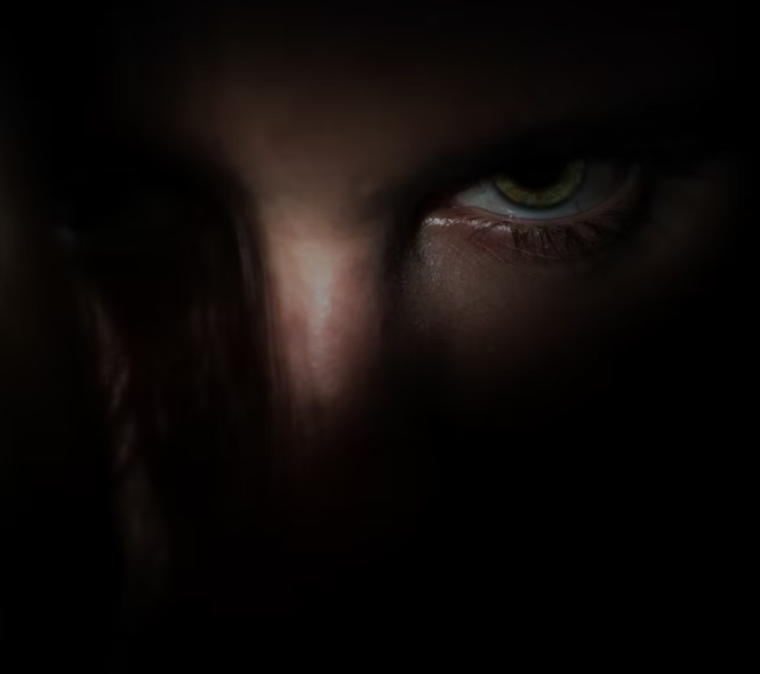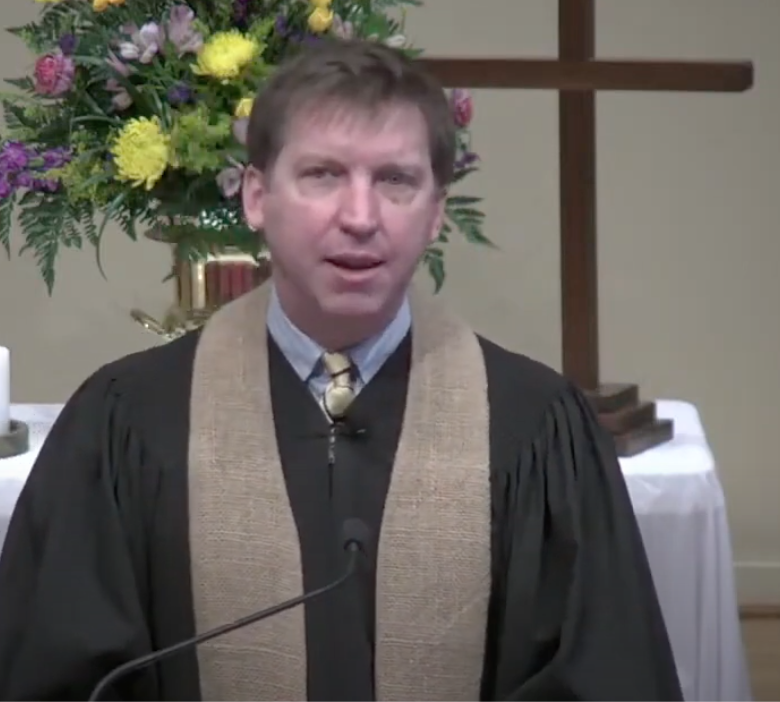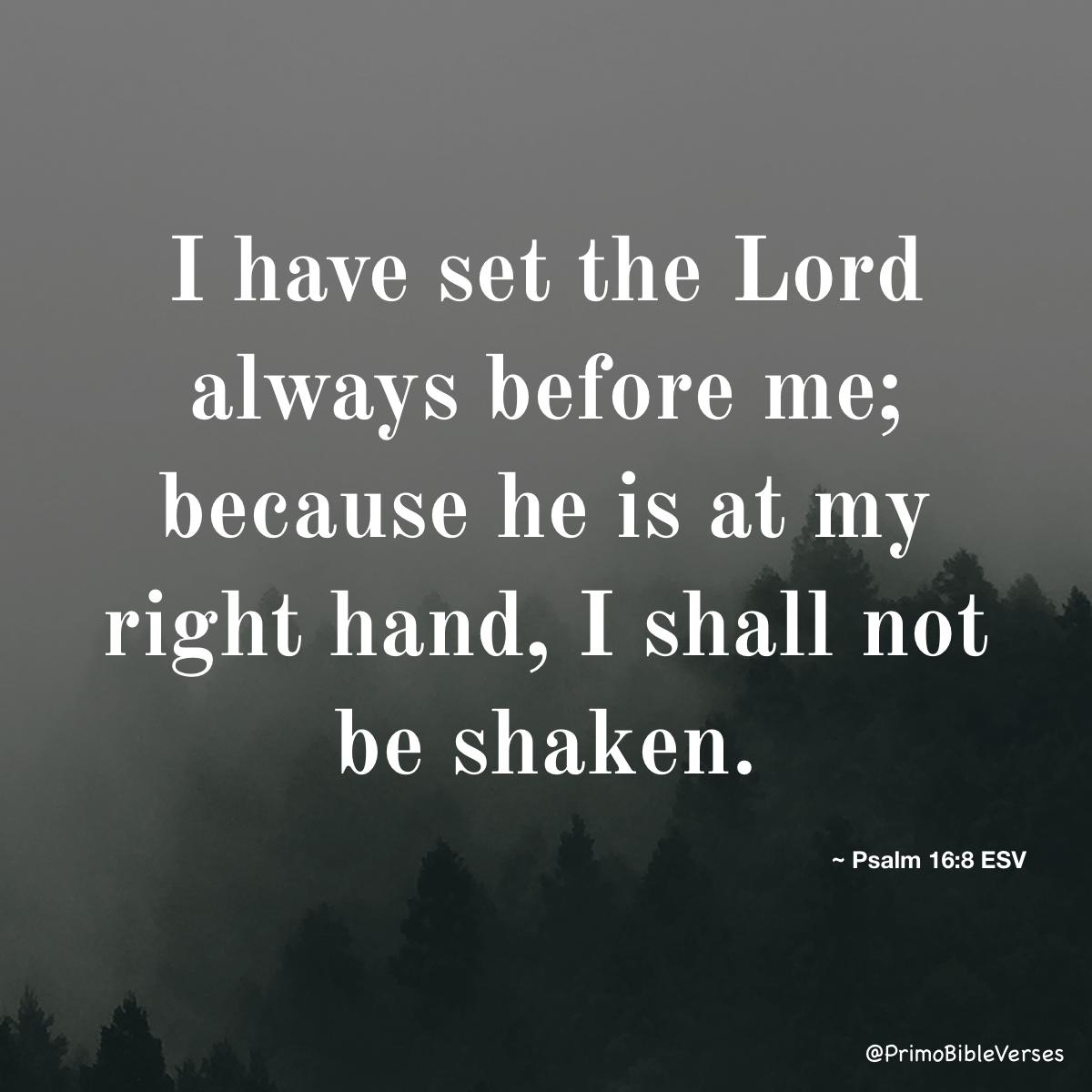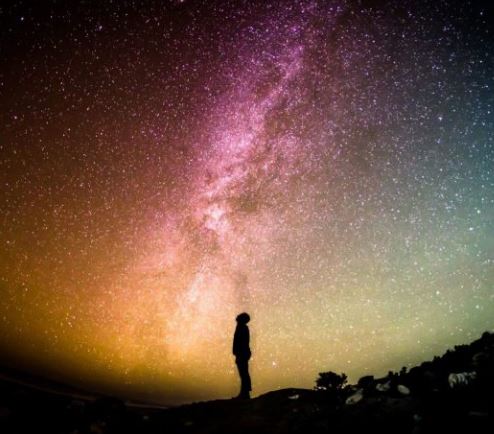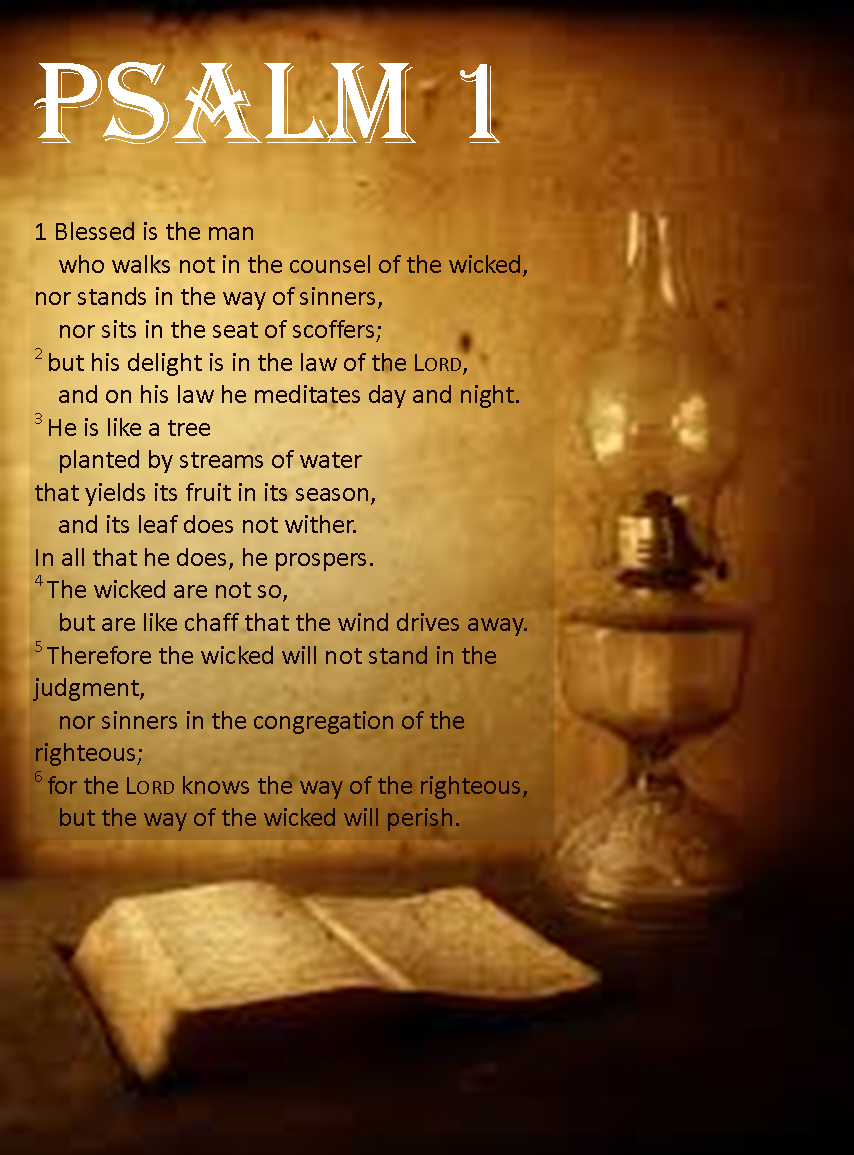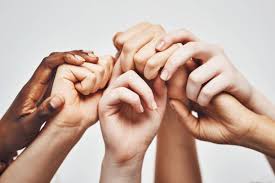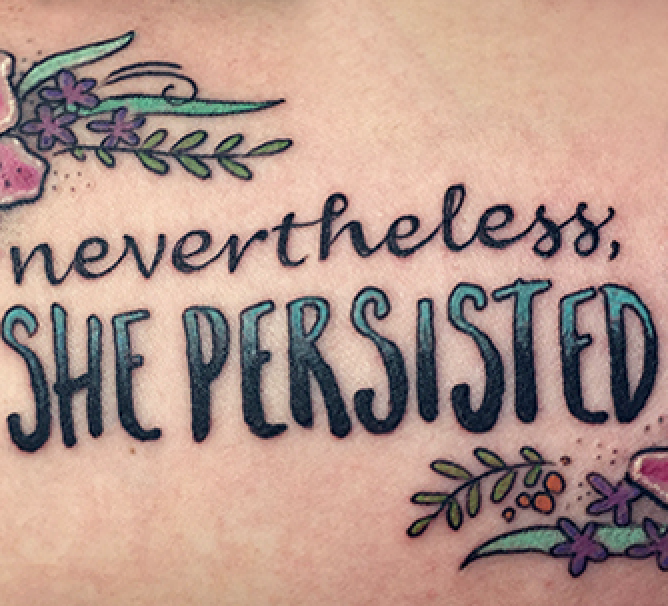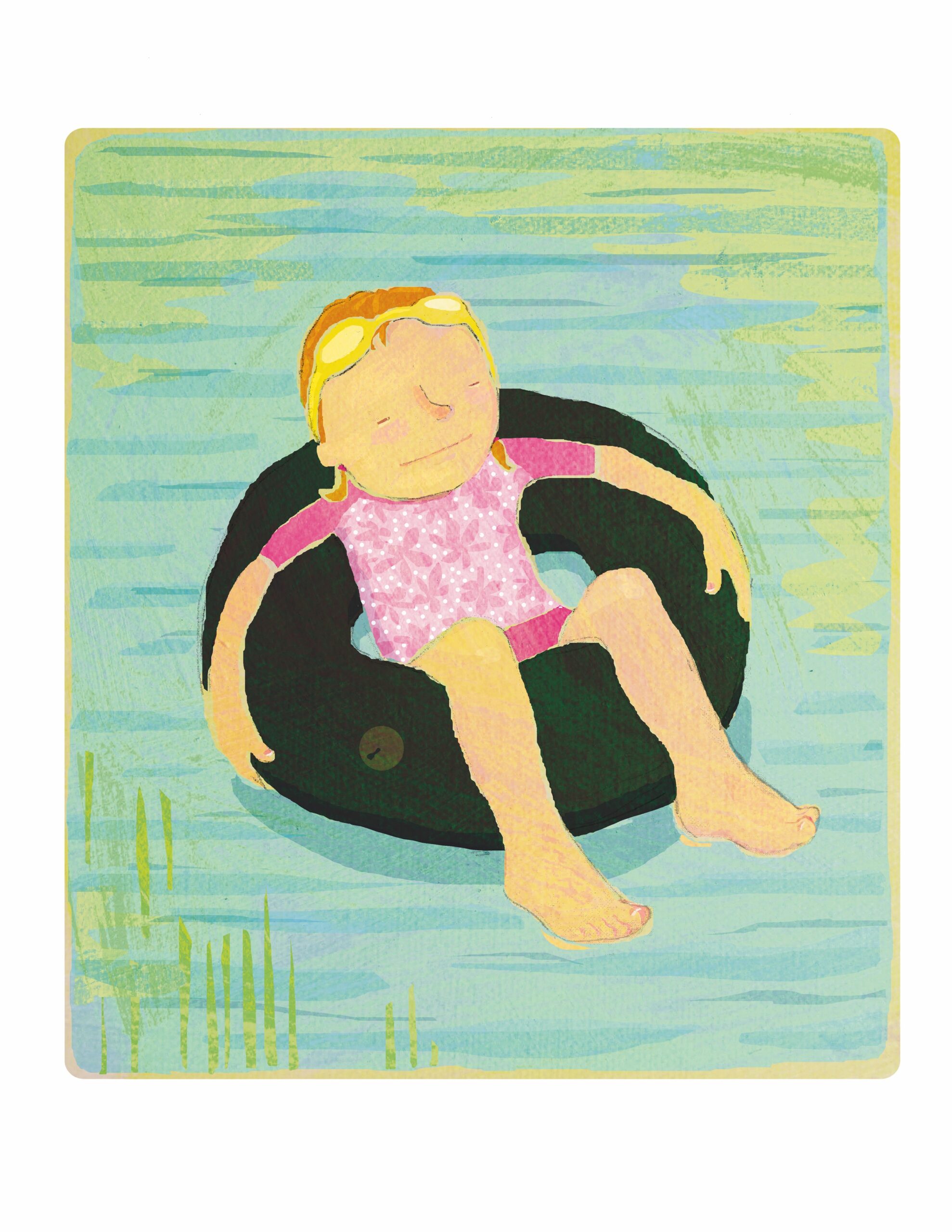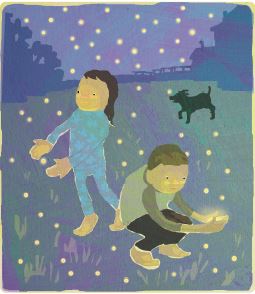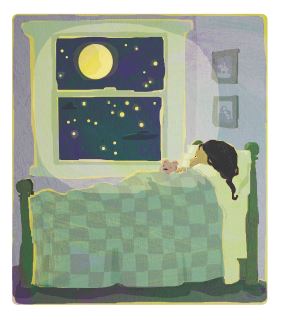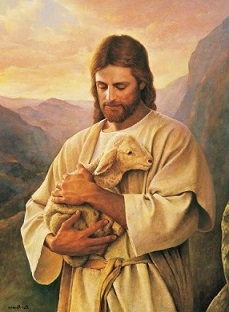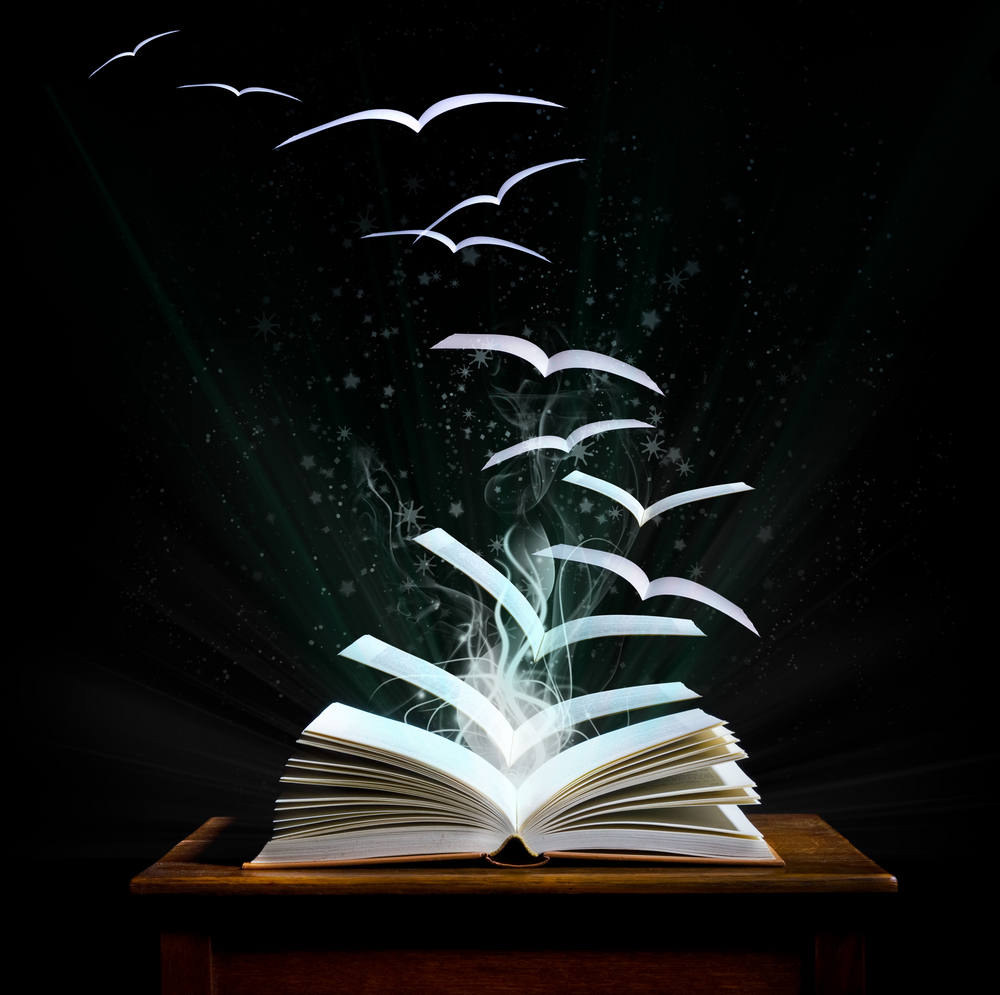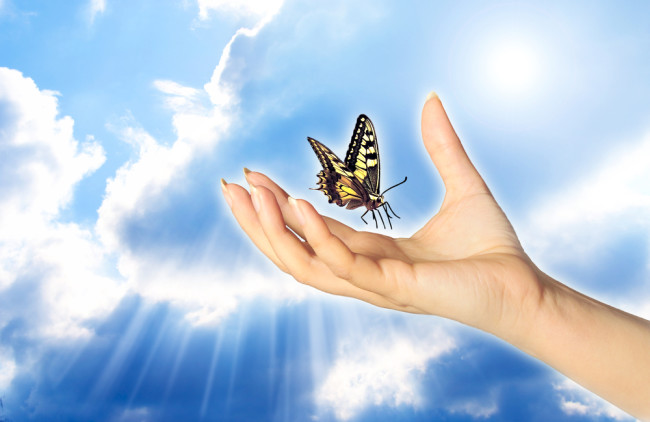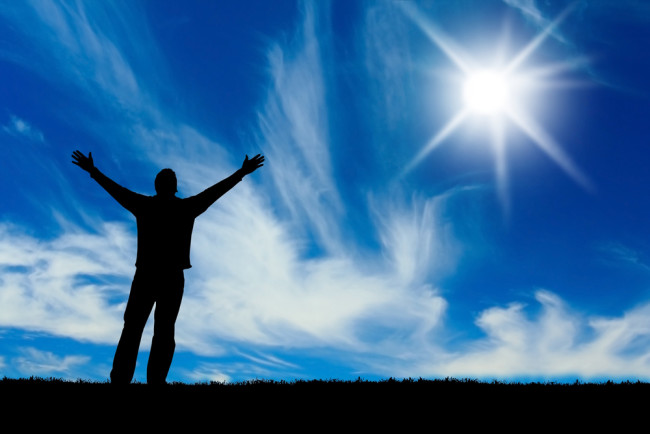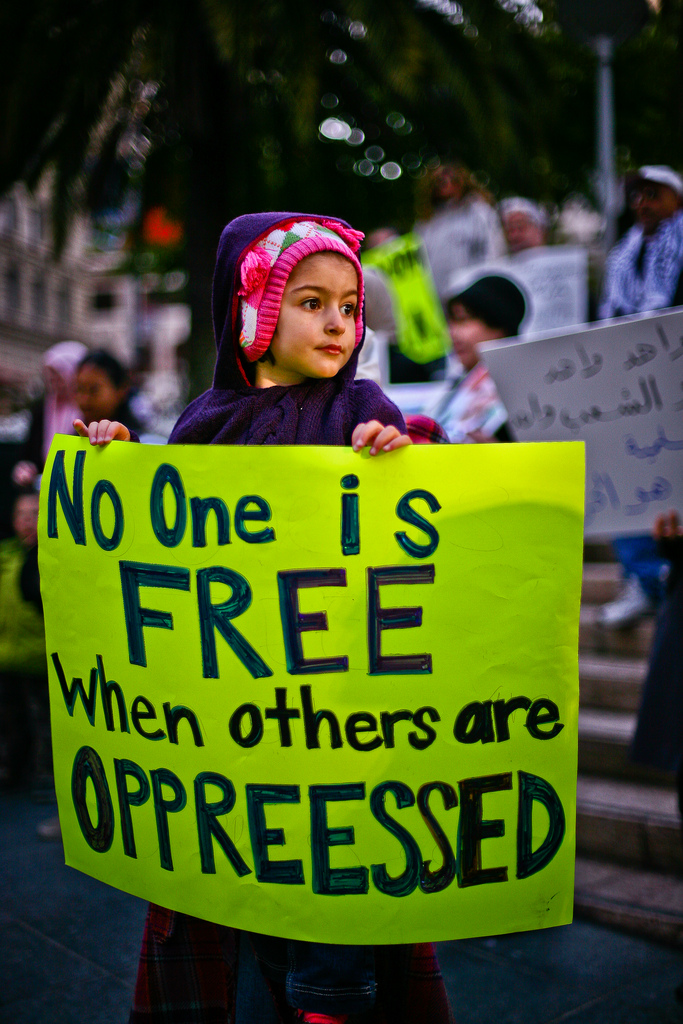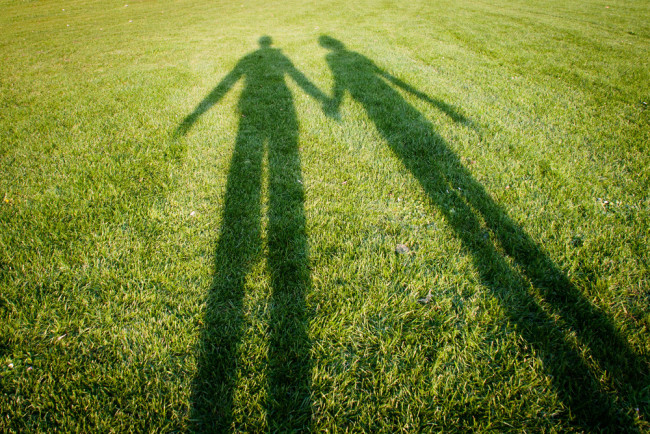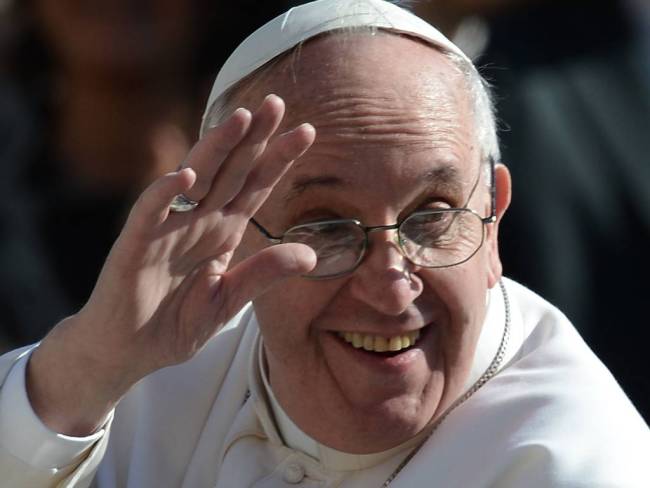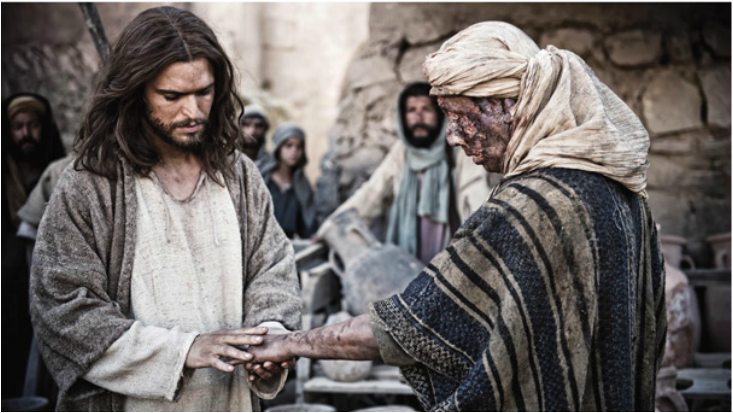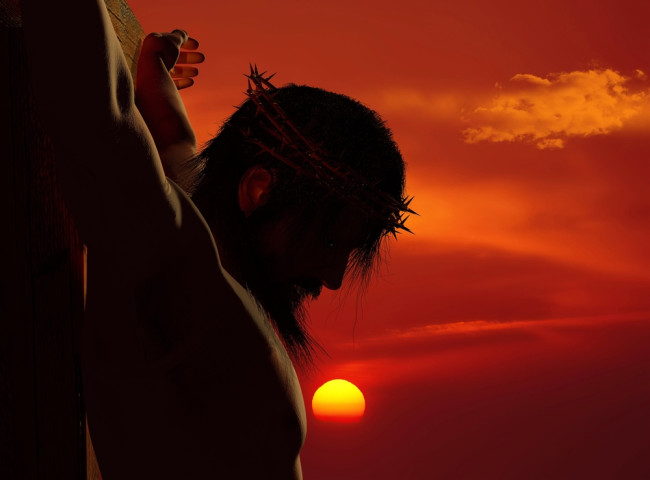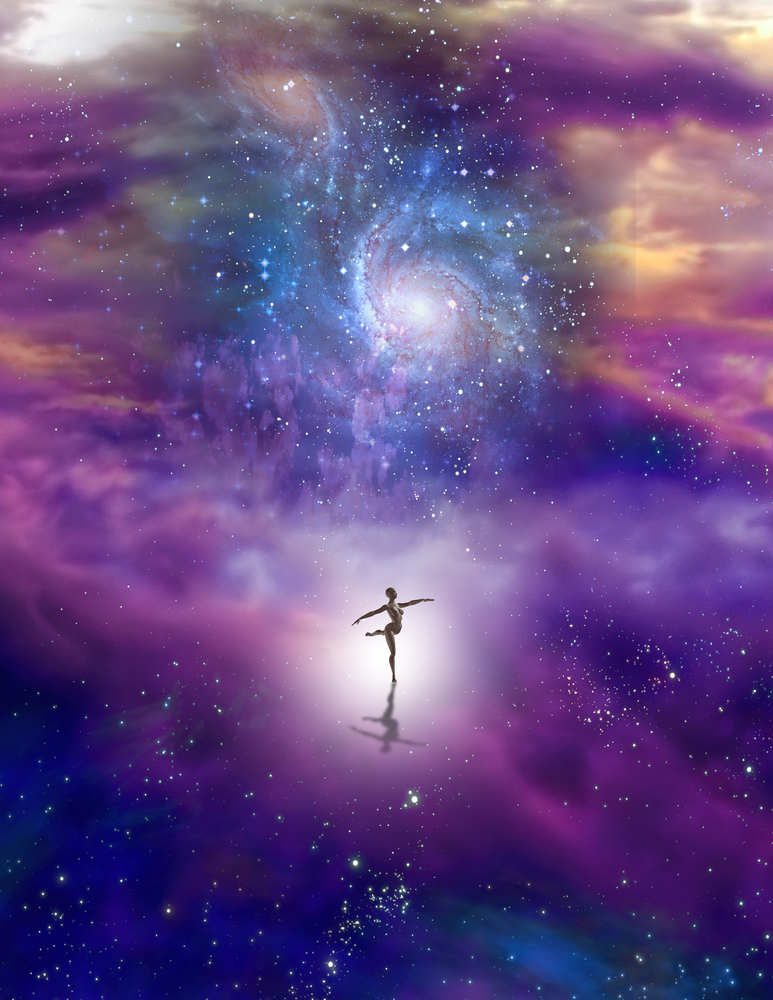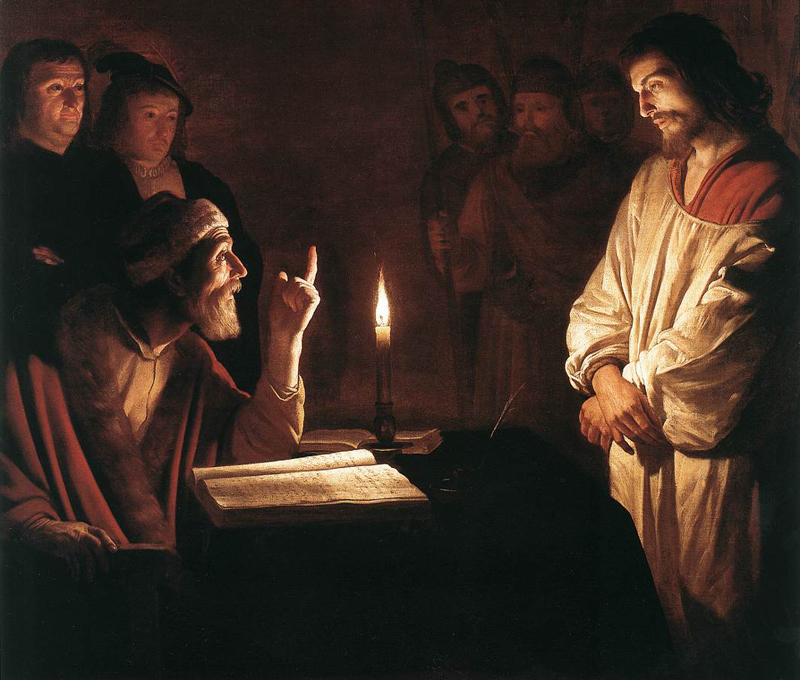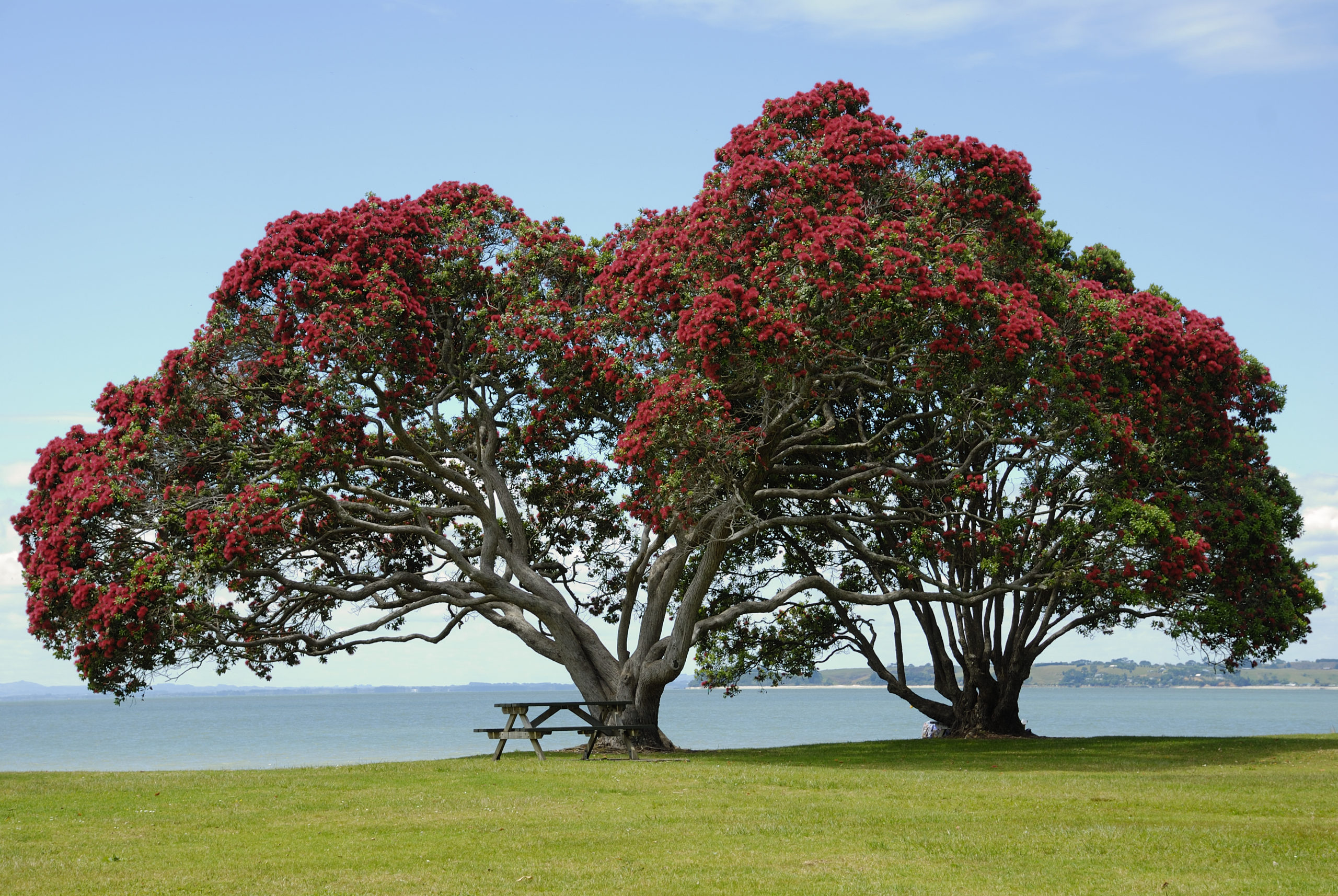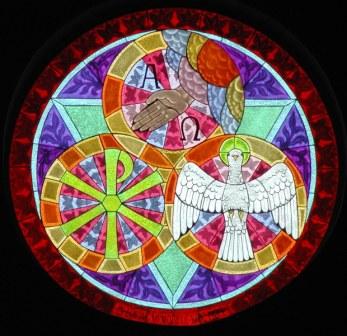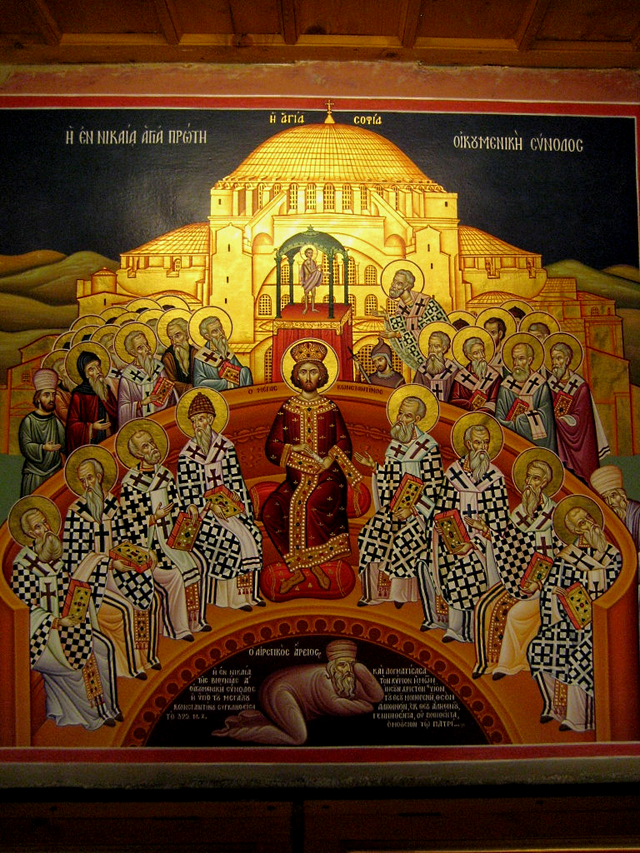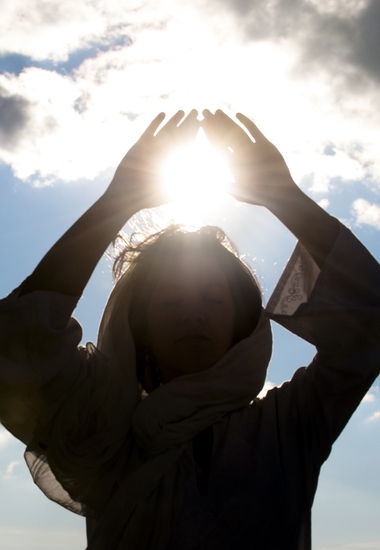I pray, and look to scripture, and consider our role as people on an ever-changing planet as residents in and stewards of creation.
Our Current Situation. We live in a time in which the possibilities for evil are multiplying as fast and possibly faster than the good being accomplished by our innovations.
How are we complicit in the sin of the world? (A Sermon from Psalm 51)
Before we can move on, though, we need to be honest with ourselves. Before we can get to the prayer, “Create in me a clean heart” (51.10), we have to face our sins. Saying, “Create in me a clean heart,” reflects an inner desire for God’s purification. The words are a confession of our need for change. It’s so easy to point to the killer, the public official who said the wrong words, the rioters at the Capitol, the conspiracy theorists, and the anti-vaxxers. We say, They’re the ones with a problem. They are the hateful ones. Not me.
While you can choose to believe in anything, I think faith requires a little more structure. Something more rigid. Something with tradition and maybe even ritual. Something with, God forbid, rules. For a while the faith we choose, or make up, is dependent on the limits of our knowledge, culture and experience, so that faith, definitively chosen, or made up, limits our expression of free will as it imposes on us rules not to be violated.
People gather in churches around the world, week after week, and I wonder how often we stop to consider who God actually is.
Out of the mouths of babes comes either curiosity and wonder or doubt and defiance. On either extreme the truth that emerges is always a question: “Why?”
Can a person be both a progressive Christian and a political conservative?
The Psalm introduces, but barely describes, the way of the wicked vs. the way of the righteous. The psalmist surely sings of non-believers and believers, but today I think the division is appropriate for paths that begin with and defend different interpretations of the same Word. Can they possibly end up at the same place?
I’ve been spending a lot of time with psalm 123 lately. The church I attend had a session on the theology of mental illness and this psalm speaks directly to the mindset behind the stigma that so many, like me, with serious mental illness confront.
In a late night session on February 7, 2017, during Jeff Session’s confirmation hearing for U.S. Attorney General, just weeks after the inauguration of President Donald Trump, the United States Senate voted to silence Senator Elizabeth Warren after she read comments made decades earlier by Edward Kennedy and Coretta Scott King that criticized the civil rights record of Senator Sessions. Warren was censured because Senate Rule XIX prohibits ascribing "to another senator or to other senators any conduct or motive unworthy or unbecoming a senator." To silence her, Senate Majority Leader Mitch McConnell led a party-line vote that forced Senator Warren to take her seat and refrain from speaking. McConnell later said “Senator Warren was giving a lengthy speech. She had appeared to violate the rule. She was warned. She was given an explanation. Nevertheless, she persisted.”
Taking time to be in stillness is important for physical and mental well-being, and it is absolutely vital if we want an inner experience of spirit. It is not easy to quiet the storms of excitement and learn to be comfortable with stillness. Providing opportunities to practice is a priceless gift we can give children.
Deep within our hearts, we all long for an expanded sense of self. We long to feel oneness with the universe, with spirit in all things, and with the infinite spirit that created everything that is. Each time we experience a sense of connection or a hint of freedom from our ego self-definition, we become more aware of the Sacred that is always in us and around us. Jesus may have called it the “Kingdom of God.” Some scholars believe, however, that “Queendom” or “Sacred Unity” is a more accurate translation of Jesus’ words when he spoke about this realm of God which is always available to each of us. Children naturally look for how they are a part of the world around them. They notice sameness and feel oneness more readily than adults who have been gradually trained to see only differences and separation. As we grow in our awareness, we learn that there is nowhere we can go and be apart from the constant, unchanging presence of God. We are never truly separate from anyone or anything in the universe. All that we do affects the world and everyone in it, like a ripple in a pond.
When our identity is defined in outward ways, we are going to feel insecure because outward definitions always change. If we understand our identity as changeless spirit, then it is easier to let go of our attachment to our physical self. Jesus and other spiritual teachers have taught us that a spiritual path and our experiences on that path will lead us to a deeper understanding. It isn’t enough to just read the words or have the beliefs — we need to act in harmony with those beliefs in order to be more aware of who we really are. The world will tell us that our security depends on money in the bank or the right clothes or an important job, but we know all those things are temporary. True security that lasts forever comes from discovering the reality that we are spiritual beings. With that knowledge, we can face anything, even our fear of death. We can’t force children to feel secure, but we can encourage them to find that truth within themselves and live from that experience. We can also talk about death in a way that is not fearful. Our Western society does much to teach fear of death. We may not know what happens after we die, but if we are secure in the knowledge that our true self does not die, it only grows and evolves, then we need not fear death or any outward physical changes that happen to our human body.
Regardless of religion, much of the world worships, believes in, or supposes a terrible deity. This “God” causes or permits death, destruction, disaster, droughts, disorders, disease, and damnation—and these are just the words that alliterate nicely. This “God” hates homosexuals, privileges males over females, has cursed certain races and religions and conditions, and does not tolerate differences.
Submitted by Luciano Kovacs
The reality of global climate change, resulting from the impact of accumulated human activities, make the renewal of the earth an urgent imperative.
In this article, I would like to point out 3 crucial problems that arise when one begins with “plain truths” about the book rather than the Christ, the Logos, the “structuring principle of reality.” (John 1:1–5)
O dear God, I love you! I ache for you, my heart burns for you and only you can quench this fire
God is my personal consultant. I have it made. She lets me kick back and relax, knowing that with her guidance, everything will go smoothly. She gives me a much-needed boost.
We know what to do. The Universal Declaration of Human Rights begins: “Whereas the peoples of the United Nations have in the Charter reaffirmed their faith in fundamental human rights, in the dignity and worth of the human person and in the equal rights of men and women and have determined to promote social progress and better standards of life in larger freedom.” Unitarian Universalists claim the “inherent worth and dignity of all humanity.” Christians claim the Apostle Paul’s ecstatic revelation that “You are no longer Jew or Greek, no longer slave or freeborn, no longer ‘male and female.’ Instead you all have the same status in the service of God’s anointed Jesus.” Leviticus 19:18 says, “Love your neighbor as yourself.” Jesus said, “Love your enemies.”
From the Celebrating Mystery collection
THEME Two Faces of the One God –the One Life Force THOUGHTS FOR REFLECTION 1. Darkness is the womb of the light, nothingness the womb of all things.
“LAUDATO SI’, mi’ Signore” – “Praise be to you, my Lord”. In the words of this beautiful canticle, Saint Francis of Assisi reminds us that our common home is like a sister with whom we share our life and a beautiful mother who opens her arms to embrace us. “Praise be to you, my Lord, through our Sister, Mother Earth, who sustains and governs us, and who produces various fruit with colored flowers and herbs”.
Civilization defines justice as retribution – payback; an eye for an eye. But the deeper meaning of justice is distributive: the rain falls on the good, the bad, and the ugly without partiality. Civilization does not use that definition except in cases where there is clearly injustice if partiality enters the picture.
(Excerpt from Theology From Exile Vol. III, The Year of Mark by Sea Raven, D.Min.) Acts 10:34-43; Isaiah 25:6-9; Psalm 118:14-24; 1 Corinthians
Loving kindness is the cultivation of benevolence toward all living beings, love without clinging, and a strong wish for the happiness of others. It is the kind of love that often bubbles up freely in the heart of a mother for her child. It is a love that is independent of expecting or needing anything in return.
Satire and Blasphemy in the Teachings of a Galilean Sage
Radical religious extremists with a distorted view of Islam commit horrific acts of terror, executing the staff of a small satirical French publication. The satirists had dared to depict the Prophet Mohammed in cartoon caricature; all the while lampooning those misbegotten adherents who in turn regard such irreverent acts as blasphemous. The Western world reacts with outrage and defiance to such an affront. World leaders join a million person protest and unity march through the streets of Paris, chanting “Je Suis Charlie,” in defense of freedom of speech, and on behalf of the publication’s name. While a clear distinction might be drawn between the use of words and the vehement reactions they may incite, more profound underlying questions remain. While anti-blasphemy laws are common in Muslim countries, countless other "secular" countries have laws against the defamation of religion, as well. Once the dust settles and more thoughtful discussion ensues, one might ask what constitutes the differences between hate speech and freedom of expression? This commentary consider s esus' use of what was deemed blasphemous satire, it's intended purpose, and well-known consequences.
On the theme: The Tree, The Carol, the Child
Christmas is a time to move into the world of images and dreams, a time to allow the 'make believe' happen. Let us be still and reflective.
Reflections by Michael Hollingshead
I could feel the warm afternoon wind blowing a few moments before; right through the window where I was standing, stacking some bowls. A moment later it blew again, only this time it was cool and refreshing, and even smelled sweet like hyssop, or juniper, or jasmine.
Introduction In my faith journey, I have struggled with the concept of the Trinity. Like many other followers of Jesus I suspect, I
For those like me who see Jesus, not as the divine Son of God in our midst, but as a courageous sage and social prophet, and for those of us who see God as other than an all-powerful distant deity – the language of reverence is rooted in the story of existence and the universe itself. That becomes a religious story whispering of a larger meaning of our existence or in Bumbaugh’s words each of us is “a self present in the singularity that produced the emergent universe; a self present at the birth of the stars; a self related through time to every living thing on this planet; a self that contains within it the seeds of a future we cannot imagine in our wildest flights of fantasy.” That non-traditional evolutionary sacred story invites us to stand in awe; and it calls us to create a whole new vocabulary of reverence even as we commit to cherishing and caring for the earth.
One of the most serious theological conflicts in the history of Christianity occurred more than one thousand six hundred years ago. Known as
The varieties of religious experience call forth hymns and songs, emerging from the varieties of cultures, personality types, and religious expressions. Our worship and song reflects this diversity. We join in sacred worship traditional and contemporary, North American and African, and European and Asian. We chant hymns from Taize and melodies from Iona, and dance to “Siyahamba” (We are marching in the light of God), sometimes in the same service.


